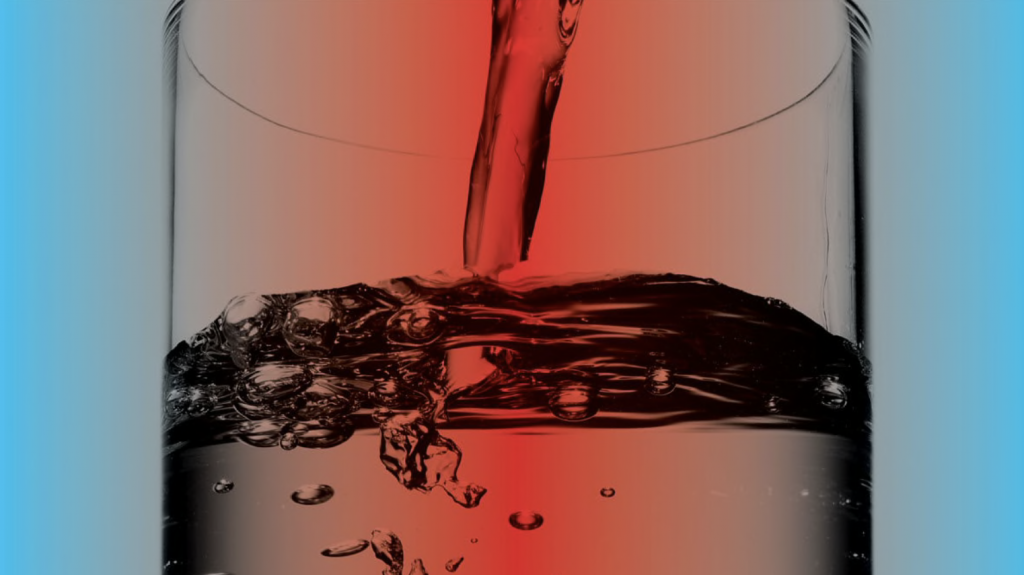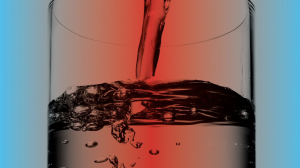Atopic dermatitis (eczema) is a condition that makes your skin red and itchy. Eczema is chronic and tends to flare periodically. Although relatively harmless, the condition causes a person’s skin to become very dry and itchy, often in an unsightly rash. There are multiple ways to treat eczema with varying degrees of success. Unfortunately, skin lotions and topical creams often treat the symptoms and not the cause.
CAUSES
Studies show that the contamination found in tap water can be directly linked to eczema. Although regular tap water is filtered and relatively safe to drink, it is not the healthiest option available. Drinking water may become contaminated from chemicals leaking into the water supply, airborne pollutants, and leaking pipes, to name a few. Most cities will add disinfecting chemicals, chlorine, and chloramine, making things worse because these abrasive toxins can irritate human skin and lungs. These chemicals can significantly aggravate a person’s eczema. Besides chlorine, there are thousands of other contaminants in water, with some of the most common (and the most aggravating to eczema) are fluoride, barium, and mercury. To find out what chemicals may be causing eczema, you can bring in a sample of your water to be tested by a lab or schedule your free water analysis with Torres Water Company.
HARD WATER V SOFT WATER
The minerals in hard water can damage natural skin moisture because they prevent your body’s oils from holding in moisture and lubricating your skin. Due to this, hard water can cause your skin to age more quickly.
Even washing clothes in hard water can be problematic to those with sensitive skin. Hard water can leave soap residue on your laundry, and that residue is in contact with your skin all day long. If you have sensitive skin, the soft water a high-quality water softener provides could help you avoid much of the dehydration. According to the American Cleaning Institute, soap’s “effectiveness is reduced when used in hard water.” That means not only will you fail to get your body fully clean while showering, it will also be more challenging to keep your house clean.
Although water softening is not a cure-all for chronic skin conditions, it is a mindful step towards improving irritation and other problems. For more on this topic, read our previous blog, “Skin Damage By Hard Water”.
HARMFUL CHEMICALS
The chemicals in our drinking water can be harmful to the body. As your liver and kidneys process toxins in your body, they act as a sponge to soak up the contaminants and protect you. Some people’s bodies cannot process and expel certain chemicals, leading to skin problems such as eczema. Because our skin absorbs many of these chemicals, our bathing and drinking tap water can cause an eczema patient’s symptoms to be more severe.
Here are several ways to ease eczema’s symptoms:
-
Filter your tap water to remove those chemicals. Water filtering products, especially the advanced reverse osmosis systems, can remove pollutants from water. An eczema patient can do their health a huge favor by purchasing the right water filter to remove chemicals from drinking water.
-
Filter your bathing water. There are even shower filters that can help purify the water a person bathes to reduce their exposure to contaminants.
-
Using topical creams. Once a person has reduced the contamination in their water, their health and skin should see an improvement. It may not eradicate eczema, but combined with prescription creams and lotions that will ease the dry skin of eczema, most people experience a new sense of freedom.
-
Modifying your diet. Seek the advice of a herb specialist to suggest herbal teas and mixtures help.
Torres Water Company can help get you started with a plan for both healthier skin and a happier household. Call (504) 838-8345 for a free water evaluation for your home or business.


